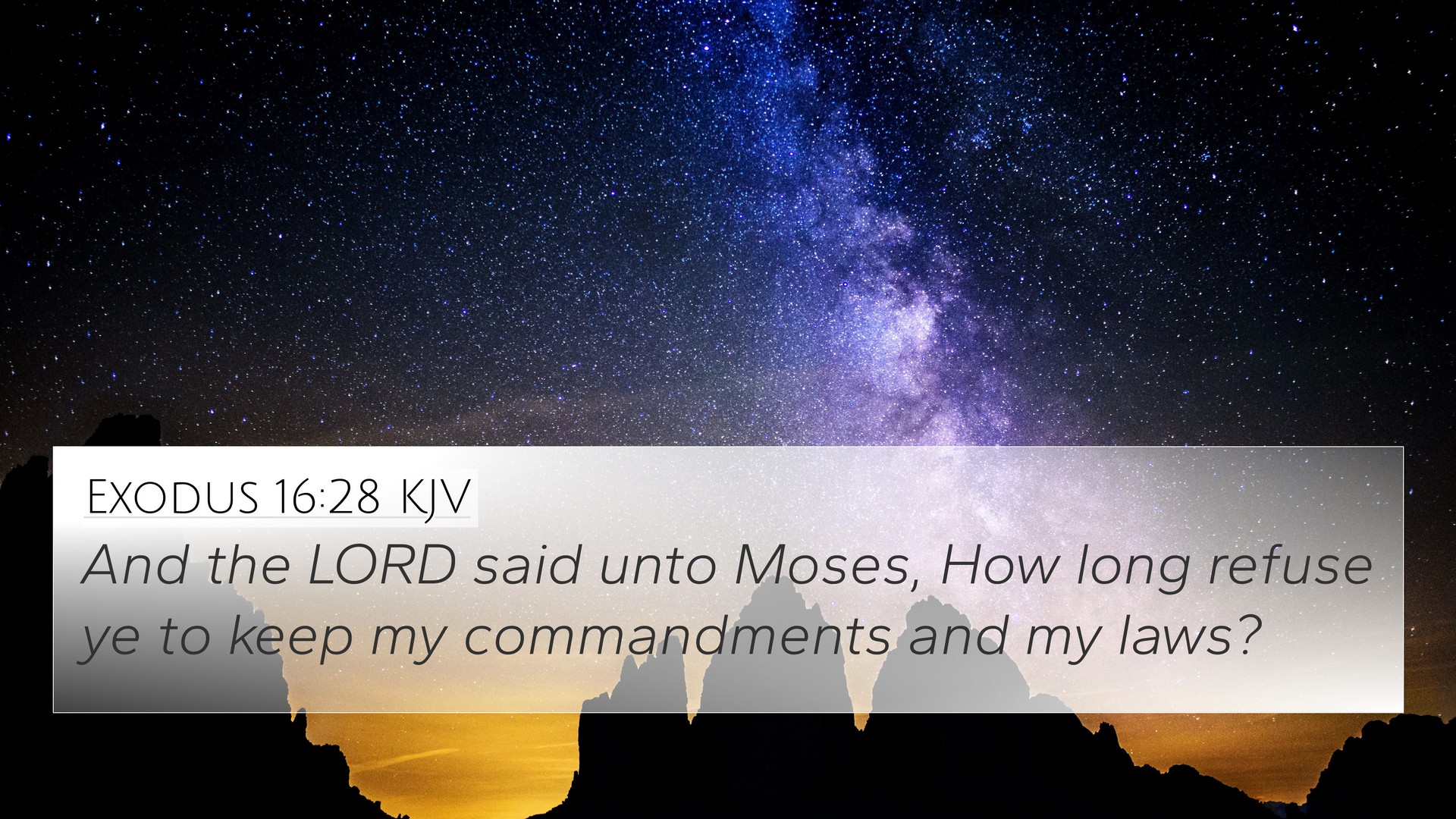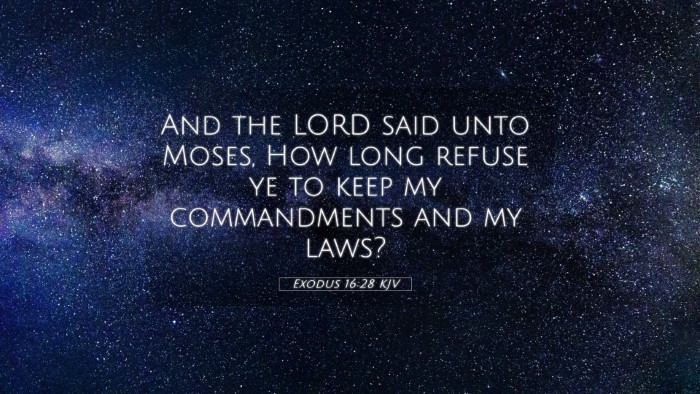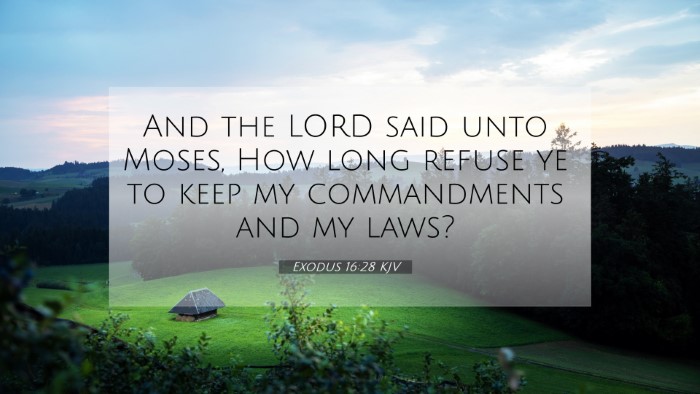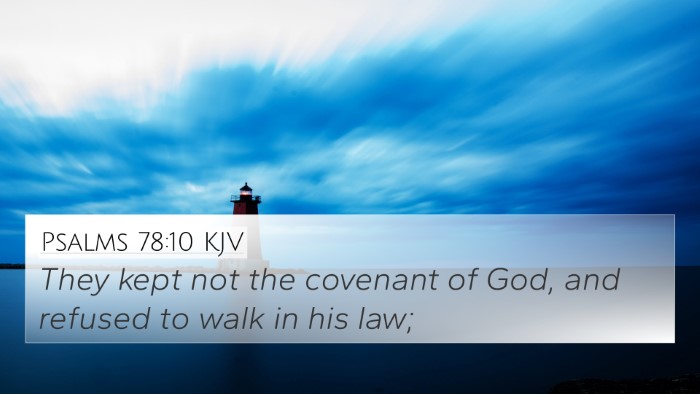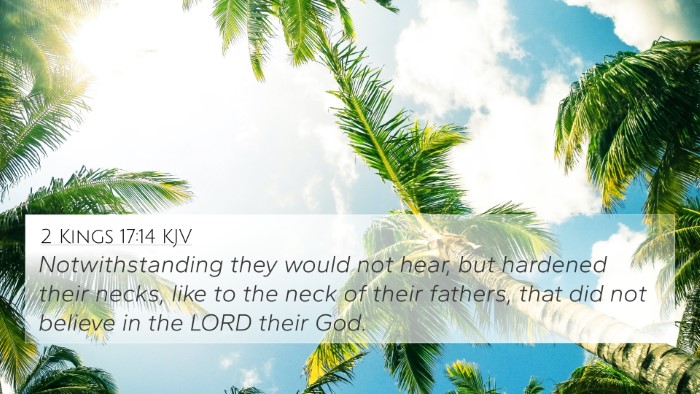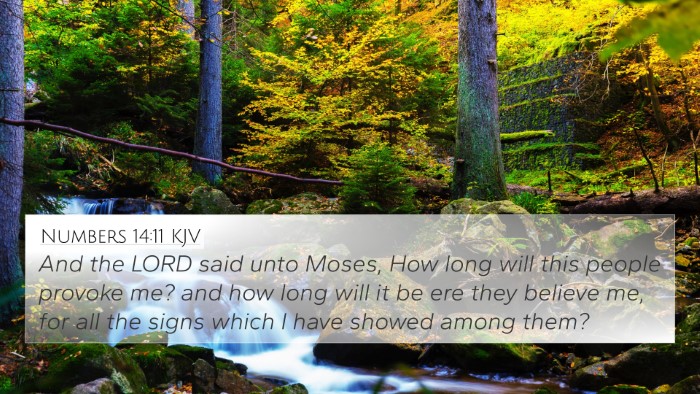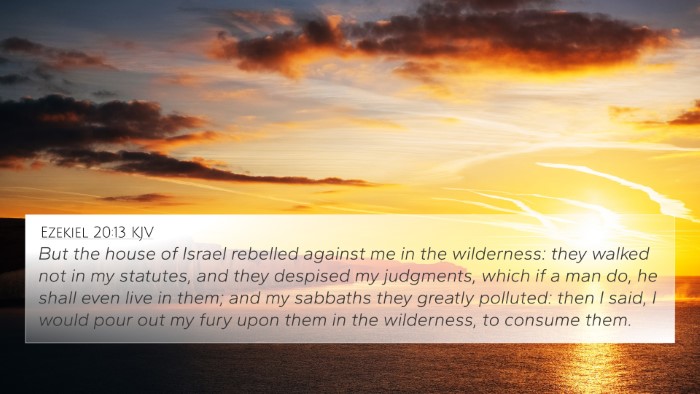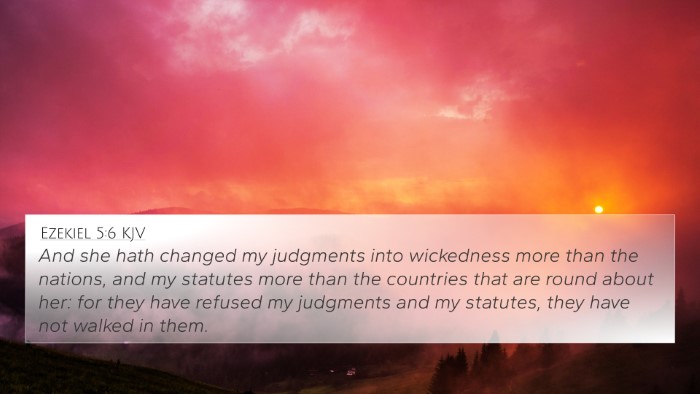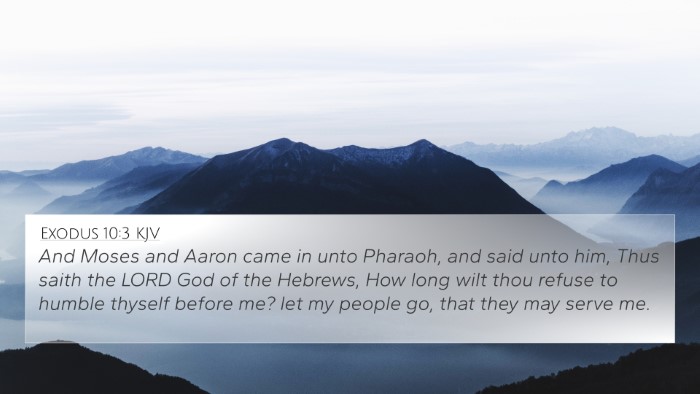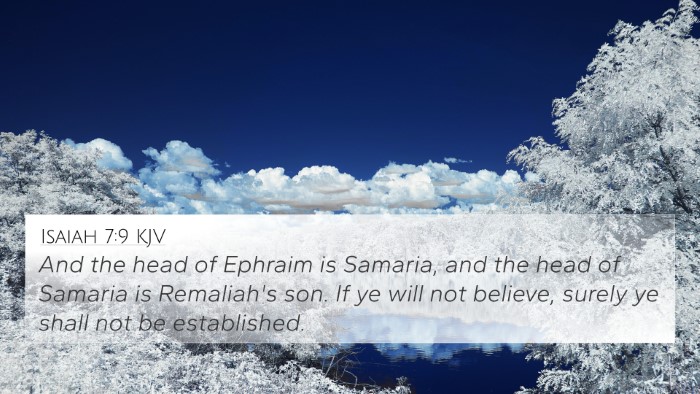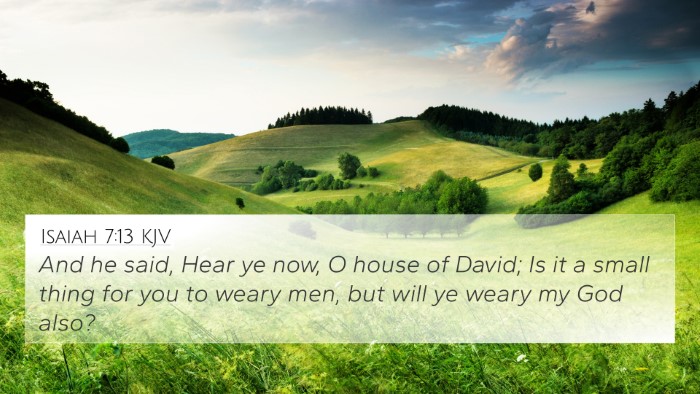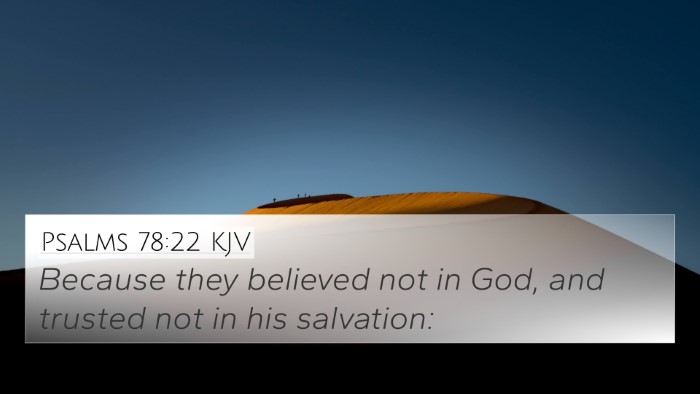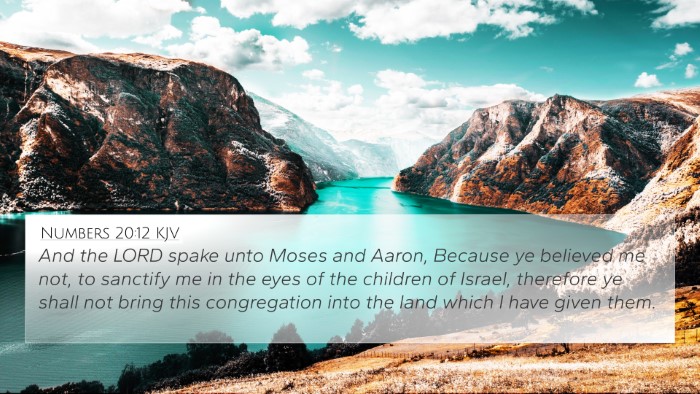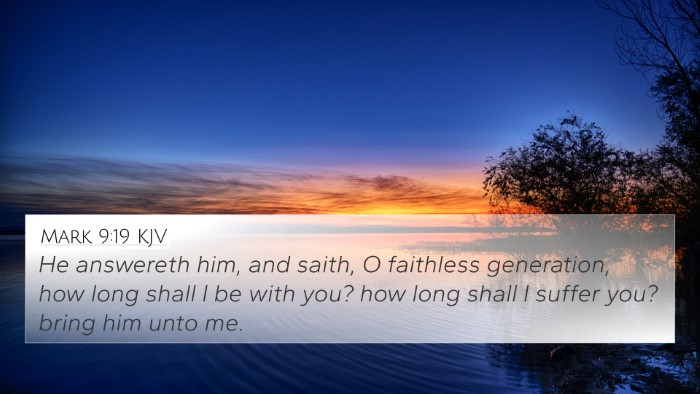Understanding Exodus 16:28
Exodus 16:28 states, "Then the Lord said to Moses, 'How long will you refuse to keep my commands and my instructions?'" This verse highlights a critical moment in the narrative of Israel's wilderness journey, addressing the people's disobedience and lack of faith.
Summary of Meaning
In this context, the verse serves as a divine inquiry into the attitudes of the Israelites, challenging their reluctance to obey God's commands. It emphasizes the importance of faith and obedience in the covenant relationship between God and His people.
Select Insights from Commentary
- Matthew Henry: He notes that God speaks through Moses, invoking a question to provoke thought among the Israelites regarding their repeated failures to comply with His commandments.
- Albert Barnes: He emphasizes that this verse showcases God’s divine authority and the expectations He has for His people, reminding them that obedience is essential in their journey.
- Adam Clarke: Clarke views this verse as a representation of Israel's stubbornness and neglect of the lessons learned from their experiences, which often lead to a challenge in human faithfulness.
Thematic Connections
This verse can be linked to several themes throughout the Bible, particularly concerning obedience, divine authority, and spiritual growth.
Bible Verse Cross-References
- Deuteronomy 10:13: Relates to the call for Israel to keep God's commandments.
- Psalm 78:17: Reflects on the repeated disobedience of the Israelites.
- James 1:22: Encourages believers to be doers of the word, not just hearers.
- Hebrews 3:12-13: Warns against an unbelieving heart that leads to disobedience.
- John 14:15: Jesus states, "If you love me, keep my commands," echoing the call for obedience.
- Exodus 20:6: Discusses God's mercy for those who love Him and keep His commandments.
- Romans 2:13: Emphasizes that it is not merely the hearers of the law who are righteous, but the doers.
- Matthew 7:21: Jesus emphasizes that only those who do the will of God will enter the kingdom of heaven.
- 1 John 2:3-4: Stresses knowing God as a matter of keeping His commandments.
- Luke 6:46: Questions why people call Him Lord yet do not do what He says.
Analysis of the Verse
The question posed by God through Moses serves to awaken a sense of responsibility among the Israelites. It can be interpreted as a wake-up call to refocus their hearts on the importance of God's teachings.
Comparative Bible Verse Analysis
Examining this verse alongside others, we see a consistent pattern throughout Scripture where disobedience leads to spiritual disconnection and consequences. The integration of these verses illustrates a broader theme of fidelity to God's word.
Conclusion
Exodus 16:28 is a potent reminder of God's expectations for His people. The message transcends time, continuing to resonate with believers today about the vital practice of obedience in faith. The interconnectedness of Scripture offers a rich tapestry of understanding as we navigate our spiritual journey.
Tools for Further Study
To dive deeper into the connections between Bible verses, consider using:
- Bible concordance: A useful tool for finding related verses.
- Bible cross-reference guide: Assists in linking Bible scriptures through various themes.
- Cross-reference Bible study materials: Provide structured ways to analyze Scripture in context.
- Comprehensive Bible cross-reference resources: Enable a thorough examination of thematic connections.
How to Use Bible Cross-References
Utilizing the Bible cross-reference system enhances understanding and allows for identification of connections between the Old and New Testaments, igniting a deeper appreciation for the unity and coherence of God's Word.
